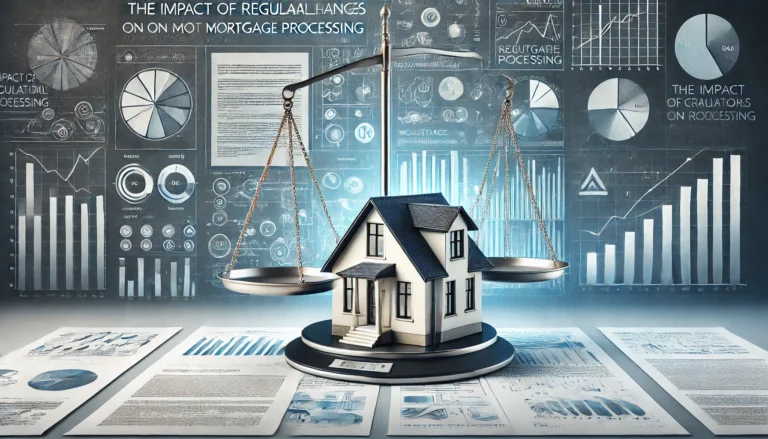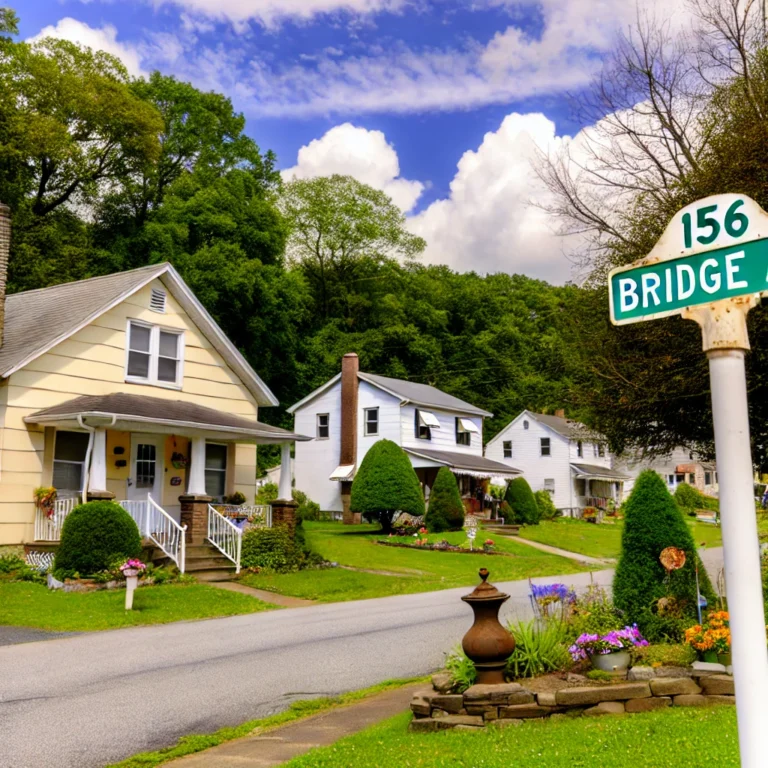The 72 Sold lawsuit has raised serious questions about real estate practices and the transparency of fast-sale services. While the company gained attention for promising quick home sales in just 72 hours, this lawsuit has led to scrutiny of their methods and marketing claims. In this article, we will explore the details of the case, its broader implications for the real estate industry, and the lessons consumers can learn.
Background on 72 Sold
72 Sold is a real estate firm founded by Greg Hague, designed to simplify home sales with a unique approach. The company promises homeowners that they can sell their properties in just 72 hours, capitalizing on a high-intensity marketing push. By creating urgency among potential buyers, 72 Sold claims to generate competitive offers and higher sale prices compared to traditional listings.
The Growth and Success of 72 Sold
The company’s rise was rapid, and it expanded into multiple markets, receiving attention for its innovative approach. However, as their success grew, so did scrutiny over the promises they made in their marketing campaigns, leading to the 72 Sold lawsuit that is now a central topic in real estate discussions.
The 72 Sold Lawsuit: Overview
The lawsuit against 72 Sold revolves around allegations of false advertising and misleading consumers about their services. Plaintiffs argue that the company did not consistently deliver on its promise to sell homes within 72 hours, and that the marketing materials led customers to expect outcomes that weren’t always realistic.
Key Allegations in the 72 Sold Lawsuit
The primary claims in the 72 Sold lawsuit include accusations of false advertising, consumer deception, and hidden fees. Plaintiffs argue that the company misrepresented its ability to deliver quick home sales and higher prices. The lawsuit also suggests that homeowners were not always fully informed about the limitations of the service or potential costs involved.
False Advertising Claims
One of the most significant accusations is that 72 Sold’s marketing materials exaggerate the success rate of their 72-hour selling promise. Homeowners were led to believe that this process was almost guaranteed, but critics argue that such outcomes were not consistently achievable.
Consumer Deception and Hidden Fees
Another major component of the lawsuit is the allegation that 72 Sold was not transparent about hidden fees or other potential costs associated with the service. Plaintiffs claim that some customers were surprised by additional charges or contract clauses they were not made fully aware of before committing to the service.
Legal Analysis and Proceedings
The 72 Sold lawsuit is based on several legal grounds, including breach of contract, false advertising, and violation of consumer protection laws. As the case unfolds, the plaintiffs seek damages for the financial losses they claim were incurred due to deceptive practices.
72 Sold’s Legal Defense
The legal team for 72 Sold has defended their business model, arguing that their advertising and practices are ethical, and that the terms of the 72-hour guarantee were disclosed clearly to consumers. However, the plaintiffs contend that these disclosures were insufficient, and that many consumers were misled.
Detailed Timeline of the 72 Sold Lawsuit
The lawsuit against 72 Sold began in early 2023 when a group of dissatisfied homeowners came forward with claims that the company had misrepresented its services. Over the following months, more plaintiffs joined the case, bringing further allegations of deceptive marketing and hidden fees.
Key Events in the Timeline
- Initial Filing: The lawsuit was filed in March 2023, with homeowners accusing 72 Sold of false advertising and consumer deception.
- Regulatory Attention: In June 2023, the case caught the attention of consumer protection agencies, prompting additional investigations into the company’s practices.
- Court Hearings: By August 2023, the case had moved into the courtroom, where both sides began presenting their arguments.
- Current Status: As of 2024, the lawsuit is ongoing, with legal experts closely watching its progress due to the potential impact on real estate laws and marketing practices.
Industry Impact and Regulatory Scrutiny
The 72 Sold lawsuit could lead to significant changes in the real estate industry, particularly around marketing practices. If the court finds 72 Sold guilty of false advertising, it may set a precedent for stricter regulations governing how real estate companies can market their services.
Increased Oversight in Real Estate Marketing
The lawsuit has already prompted other real estate firms to reevaluate their advertising strategies. Companies that rely on promises of fast sales or high returns are now being more cautious in their marketing language to avoid potential legal repercussions.
Consumer Protection Measures
This lawsuit may also lead to stronger consumer protection laws within the real estate industry. Agencies responsible for regulating business practices might introduce new rules to ensure that companies like 72 Sold are more transparent about the terms and conditions of their services.
Consumer Protection and Rights
One of the most important takeaways from the 72 Sold lawsuit is the need for greater consumer protection in the real estate sector. Homeowners should be fully informed about the services they are signing up for, and companies should be held accountable for any misleading claims.
Informed Decision-Making for Homeowners
Consumers must do their due diligence when selecting a real estate service. It’s essential to read the fine print, ask questions about potential fees, and ensure that all promises made by the company are backed by clear and transparent terms.
Legal Rights in Real Estate Transactions
Homeowners should also be aware of their legal rights. If a company fails to deliver on its promises, consumers may have grounds to pursue legal action, as demonstrated by the 72 Sold lawsuit. This case serves as a reminder that legal safeguards exist to protect consumers from deceptive business practices.
Lessons for the Real Estate Industry
The 72 Sold lawsuit has highlighted several lessons that real estate companies can learn from to improve their business practices and avoid similar legal challenges.
Honest and Transparent Marketing
One of the key lessons is the importance of honesty in marketing. Real estate companies must avoid overpromising results and be clear about what they can realistically deliver. Transparency builds trust with consumers and reduces the risk of legal disputes.
Simplifying Contracts and Fees
Another lesson is the need for simplicity in contracts. Companies should ensure that all fees and terms are clearly disclosed, and that homeowners fully understand what they are agreeing to before signing any contracts.
Expert Opinions on 72 Sold’s Business Model
Industry experts have weighed in on the 72 Sold lawsuit, with some suggesting that the company’s aggressive marketing tactics were bound to attract legal scrutiny. Legal analysts believe that real estate firms must tread carefully when making bold promises about quick sales and high returns, as such claims can easily be misinterpreted by consumers.
Real Estate Industry Takeaways
Real estate professionals also caution that while innovative business models like 72 Sold can disrupt the industry, they must still adhere to existing laws and regulations to protect consumers.
Future Outlook for 72 Sold and Real Estate Practices
Looking ahead, the outcome of the 72 Sold lawsuit could have a lasting impact on the real estate industry. If the company is found guilty, it may be required to change its business practices, potentially leading to more conservative marketing strategies.
Potential Business Model Shifts
72 Sold may need to adjust its business model to be more transparent and realistic about the services it provides. This could involve setting clearer expectations for homeowners and offering more detailed explanations of how their 72-hour process works.
Industry-Wide Changes
The lawsuit could also prompt other real estate companies to adopt similar changes. The real estate industry as a whole might see a shift towards more consumer-friendly practices, with a greater emphasis on transparency and honesty in marketing.
Conclusion
The 72 Sold lawsuit is more than just a legal battle; it represents a turning point in the real estate industry. As the case unfolds, it will likely lead to changes in marketing regulations, stronger consumer protections, and new business practices that prioritize transparency. For now, both real estate professionals and homeowners are watching closely to see how the case develops and what lasting effects it will have on the industry.








